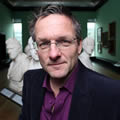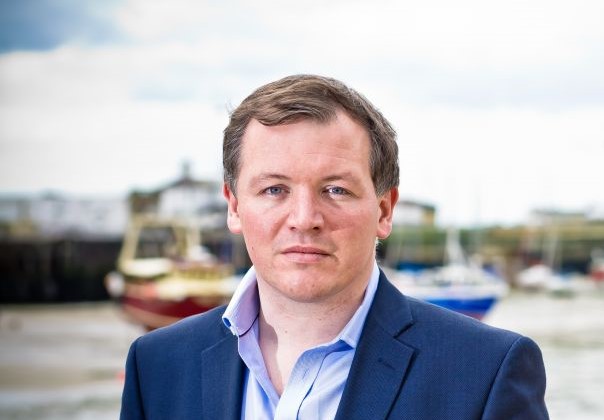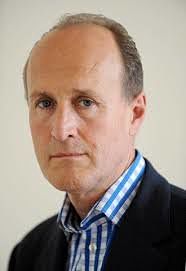By Chris Mottershead
Relations between politicians and broadcasters in both the US and UK seem to have deteriorated markedly in recent times. President Trump accuses the media of disseminating ‘fake news’ to discredit his administration. In the UK, Brexiteers complain of a media agenda allegedly provoking fear while Remainers blame the media for not challenging the supposed untruths of their opponents.
This clash is nothing new. Jay Blumler and Michael Gurevitch studied the activities of broadcasters and political organisers in elections in the US and UK from the mid-1960s up to the 1992 UK general election. One of the key findings in their 1995 book The Crisis of Public Communications was that politicians and the media are structured into opposing each other and that this results in producing a public sphere of ‘professionals’ from which voters are effectively excluded.
At the time of writing, there is much speculation about a possible autumn general election. In the London Review of Books, the academic David Runciman pointed out that whereas in the 2017 general election voters were grouped ‘40:40:20’, with the two main parties each getting roughly 40% of the vote and the remaining 20% going to others, the division might now be more like a five-way split between the Conservatives, Labour, the Liberal Democrats, the Brexit party, and others. If this proves to be the case, there may be very real problems for the broadcasters as to how they represent this division. What will be the allocation of time for party political broadcasts? How will the various campaigns be covered in news broadcasts to ensure fairness? Who should be included in any televised debates between political leaders?
While these questions are similar to the issues Blumler and Gurevitch looked at, recent changes may complicate the general election, namely the development of social media. Writing in the Guardian, Peter Pomerantsev has examined some of the possibilities. He explains how the information that Facebook users put on to the social media platform can be used by advertisers and spin doctors ‘who target us with specially tailored campaigns we might not even be aware of… This produces a model that is very different from the 20th century. Instead of stuffing an ideology down people’s throats via TV and radio, a spin doctor has to tailor different messages to different social media groups.’
What is very unclear is how such digital campaigning is organised and financed and how it relates to the legal requirements for elections. While the internet may have encouraged the spread of political activities by enabling groups to organise rapidly, this exploitation of social media presents a potentially threatening development which may be hard to guard against.
Chris Mottershead is a former trustee of the VLV







Follow Us